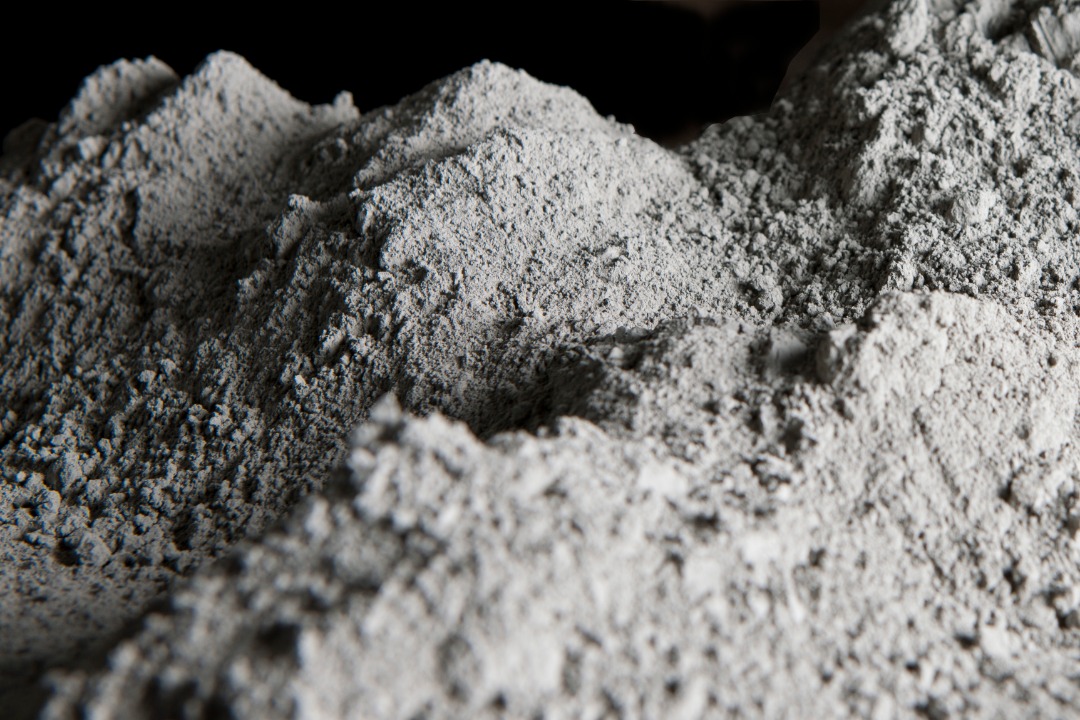When it comes to construction, cement is one of the most important materials used. However, there are different types of cement, and one of the main distinctions is between hydraulic cement and non-hydraulic cement. In this article, we will explore the differences between these two types of cement and their various properties.
What is Hydraulic Cement?
Hydraulic cement is a type of cement that sets and hardens when it comes into contact with water. This type of cement is made by adding a small amount of anhydrous calcium sulfate to the cement clinker during the grinding process. This causes the cement to react with water and form a hard, durable material.
One of the main benefits of hydraulic cement is that it can set and harden even underwater. This makes it ideal for use in construction projects that involve water or moisture, such as foundations, dams, and tunnels.
What is Non-Hydraulic Cement?

Non-hydraulic cement, as the name suggests, does not harden when it comes into contact with water. Instead, it relies on the presence of air to set and harden. Non-hydraulic cement is made by heating limestone and clay in a kiln, which produces a material known as clinker.
One of the main disadvantages of non-hydraulic cement is that it cannot be used in areas where there is moisture or water present. This makes it less versatile than hydraulic cement and limits its use to specific construction projects.
Properties of Hydraulic Cement

Hydraulic cement has several properties that make it ideal for use in construction projects. Firstly, it sets and hardens quickly, which means that construction projects can be completed faster. Additionally, hydraulic cement is incredibly durable and can withstand high pressure and stress.
Another benefit of hydraulic cement is that it has a high resistance to chemicals, which makes it ideal for use in industrial environments where chemicals are present.
Properties of Non-Hydraulic Cement

Non-hydraulic cement has some properties that make it useful in certain construction projects. For example, it has a low heat of hydration, which means that it generates less heat during the setting process. This makes it ideal for use in large construction projects where heat buildup can be a problem.
Non-hydraulic cement also has a lower cost compared to hydraulic cement, which makes it an attractive choice for projects where cost is a major factor.
Uses of Hydraulic Cement

Hydraulic cement has a wide range of uses in construction projects. Some common applications include:
- Foundations
- Dams
- Tunnels
- Bridges
- Retaining walls
Hydraulic cement is also used in the oil and gas industry to seal wellbores and prevent leaks.
Uses of Non-Hydraulic Cement

Non-hydraulic cement is less versatile compared to hydraulic cement, but it still has some applications in construction. Some common uses of non-hydraulic cement include:
- Plastering
- Masonry work
- Decorative work
- Stucco work
Conclusion
Both hydraulic cement and non-hydraulic cement have their pros and cons, and the choice between the two will depend on the specific requirements of the construction project. Hydraulic cement is more versatile and durable, making it suitable for a wide range of applications. Non-hydraulic cement is less versatile but has a lower cost and is useful for specific types of construction projects. Ultimately, the choice between the two will depend on factors such as cost, location, and project requirements.